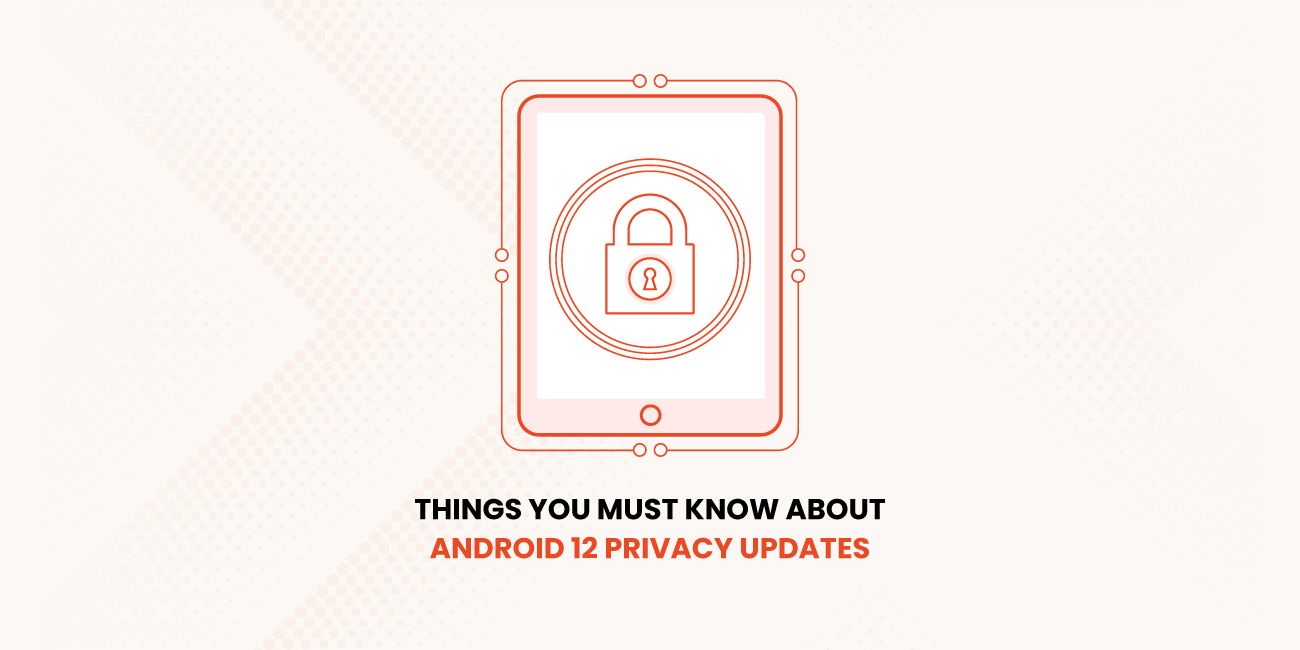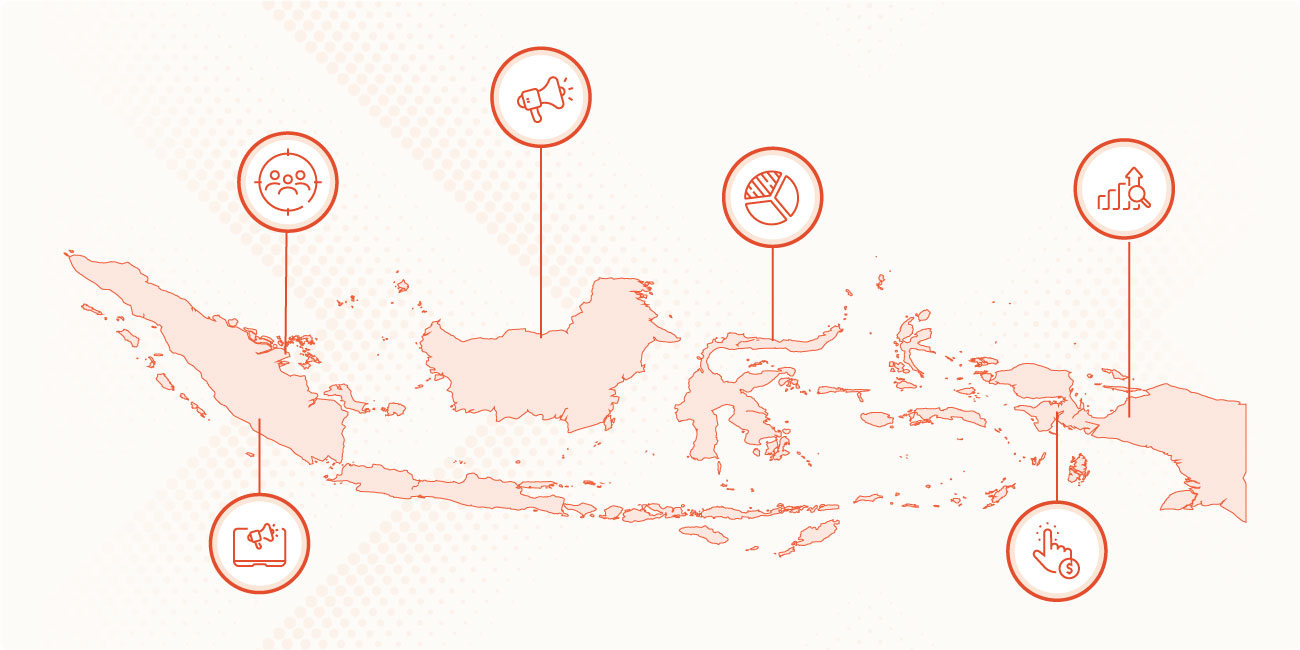
[vc_row][vc_column][vc_column_text]Google recently announced a new version of Android at its annual Google I/O event. While the conference was virtual, the organisation unveiled much anticipated changes to Android 12 which will launch this fall season. The new OS will have a revamped interface, including better CPU optimisation, battery efficiency and privacy enhancement to make sure users privacy is protected. Following the footsteps of Apple, Google will also adopt some new privacy features that provide better transparency to users around the data being accessed by apps through a new dashboard. Let’s discuss the new features of Android 12 update:
Privacy dashboard
The new Privacy Dashboard is going to be the biggest addition to Android 12. This version will authorize users to check the history of the past 24-hour access to their location, microphone, and camera, and also, they will be allowed to grant or deny access to individual apps in the dashboard.
Microphone, camera toggles and indicators
Google will be beginning app indicators to Android 12, which will give users a visual cue when their apps are accessing the camera or mic. This will be displayed in the form of a small icon at the top right corner of the screen and users can toggle app permissions in the quick setting Menu. Users will also get a notification to enable the sensors whenever an app attempts to access them.
Clipboard Read Notification
Another feature added to Android 12 is that users will be notified every time an app reads from the user’s clipboard. The notification will read “(APP name) pasted from your clipboard.” Google has taken this step to deter apps from reading the contents of the clipboard on a phone.
Approximate location
With this update users will have more control over their location sharing. They will be able to choose either an approximate location or a precise location to share with the app.
App Hibernation
Just like in iOS, if the app isn’t used for a long time, it goes into hibernation mode. This means permission settings are automatically reset, and the system will force-stop the app and reclaim memory, storage, and other temporary resources. The same will now be seen in Android.
With Google tightening its privacy practices it will be harder for the companies to track users on Android phones and tablets. It will provide Android users an option to opt out of being tracked by advertisers on their smartphone applications. Google’s Android 12 has picked some of the iconic iOS features and integrated them into its ecosystem. And this update has been touted to be the most Apple-like update ever. It is expected that these updates will be a step towards giving the control to users.
How is the new update going to affect advertising?
These changes in privacy updates will affect the advertising industry in a major way. Retargeting is an important aspect of the industry and these privacy changes are going to impact that.
The factual impact will probably be seen on apps and programmatic placements across the open web. Though, advertising will not stop but it’s likely that we will see a decline in targeting power and control which will ultimately lead to poor ad personalization further resulting in increased negative user experiences.
Let’s see how this update will roll in real life and how publishers will handle everything after it is launched. As of now, the best way for an advertiser is to ensure that they seize maximum user information whenever possible to make sure that retargeting is successful and show desired outcome. These are testing times for the industry as these changes will need rethinking and innovating targeted advertising.
Right now there still remains much to be seen in terms of how the industry will respond to these changes. But we can say that agencies and marketers will successfully adjust and turn this into an opportunity.
[/vc_column_text][/vc_column][/vc_row]







